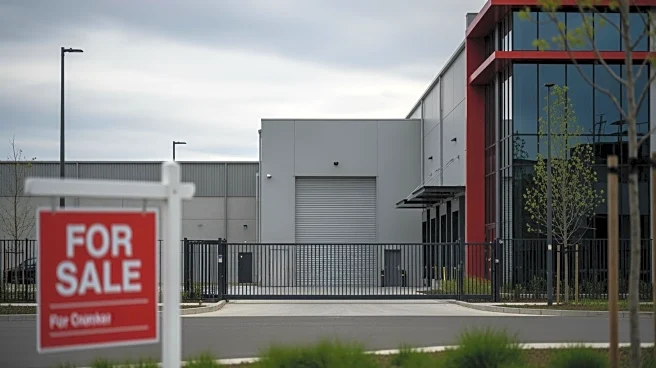Rapid Read • 8 min read
Education is a lifelong process that influences personal growth, professional trajectory, and relationships. It provides stability, income opportunities, and independence, enabling individuals to achieve their goals and contribute to economic growth. Education fosters global awareness and cultural competencies, connecting individuals to the world beyond their communities. It also enhances self-confidence, critical thinking, and analytical skills, allowing individuals to navigate complex challenges and make informed decisions. Education is crucial for economic growth, as it develops a skilled workforce and drives productivity and innovation.
AD
Education is a key driver of economic growth and personal development. It provides individuals with the skills and knowledge necessary for success in the workforce and society. Education fosters innovation and entrepreneurship, enabling individuals to develop new ideas and launch successful businesses. It also promotes inclusivity and awareness, helping to combat discrimination and empower marginalized communities. By enhancing communication and collaboration skills, education contributes to personal and professional success. It is essential for creating a more prosperous and equitable society.
As the world faces complex challenges, education systems must adapt to equip individuals with the necessary skills to address these issues. Governments and educational institutions are likely to focus on enhancing access to quality education, particularly for marginalized groups. This includes investing in digital literacy and STEM education to prepare students for the future workforce. The emphasis will be on creating inclusive and equitable educational environments that foster lifelong learning and personal development.
Education's role in promoting economic growth and personal development extends beyond traditional classroom settings. It encompasses informal and non-formal learning experiences that contribute to personal development and societal progress. As education systems evolve, there is potential for significant changes in how knowledge is transmitted and acquired, leading to more inclusive and flexible learning environments. This shift reflects broader societal trends towards personalized and experiential learning, highlighting the importance of adapting educational models to meet diverse learner needs.
AD
More Stories You Might Enjoy










